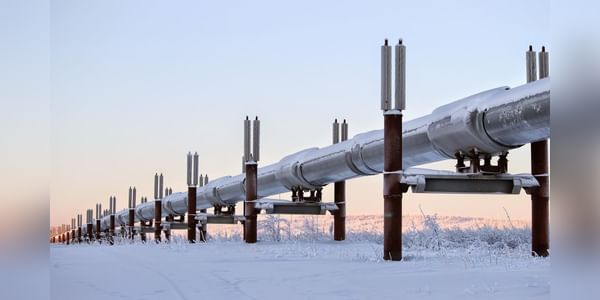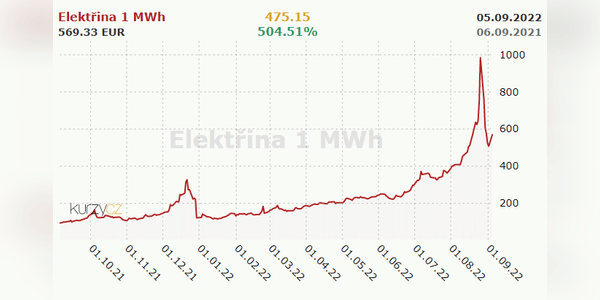The government or Putin? Here's the answer to the question of who is to blame for expensive energy and gas
A lot of people in my neighborhood are asking about the energy, gas and economy. I say up front that I don't want to get completely involved in politics. I just want to summarise the macroeconomic causes and effects of the situation we are in. Because I believe that is the best thing I can do at the moment. Let's get on with it.

Let's take a look at what is currently causing the most pressing problems, which are expensive energy and fear of gas shortages for the winter months. There are several factors.
Causes of expensive electricity

Of course, Russia's pressure - the halting of electricity supplies and the fear this has caused in the market - has had an impact on the price of electricity.
But what is less "visible" is the shutdown of nuclear power plants in France. Unlike in Germany, this is not an environmental initiative. It was simply caused by the drought. Drought means reduced river levels, which are…